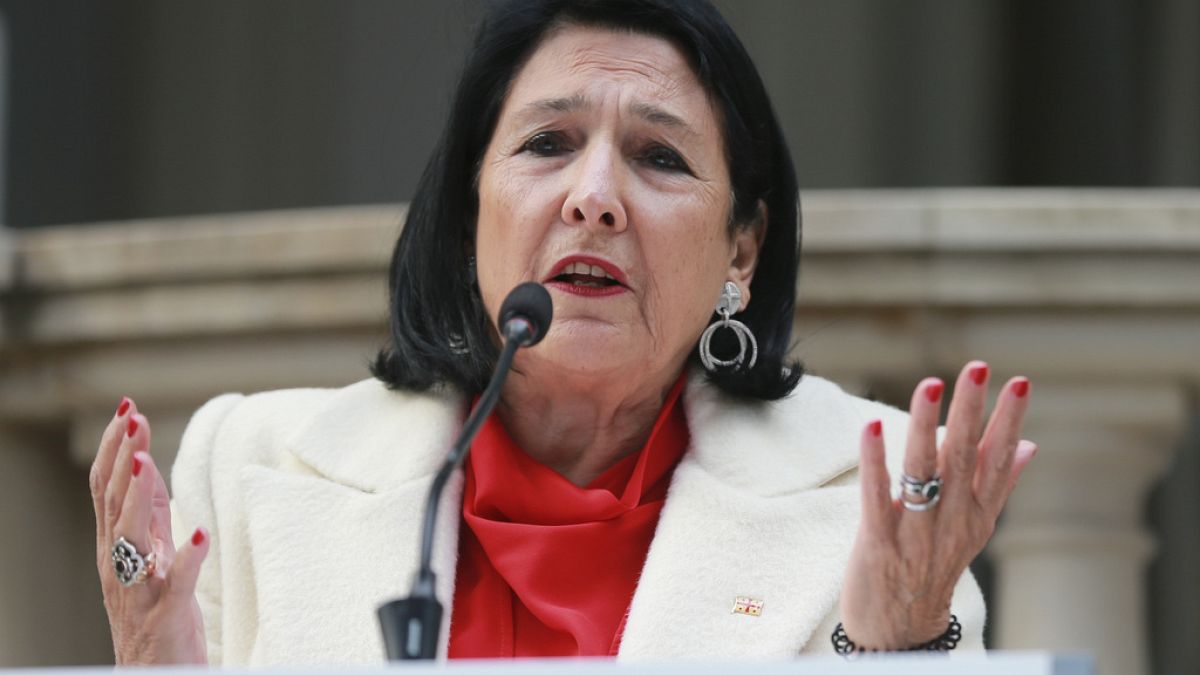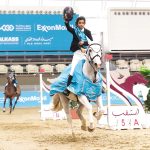Salome Zourabichvili’s unexpected announcement of vacating her official residence in Tbilisi came as former football player Mikheil Kavelashvili was being inaugurated as the new president on Sunday. This transition marks the ruling party’s strengthened hold in Georgia, causing concern among the opposition regarding the country’s EU aspirations and the influence of Russia. Zourabichvili emphasized her continued legitimacy as the president despite relinquishing the residence, stating, “I bring legitimacy with me.” The Georgian Dream party’s control of the electoral college paved the way for Kavelashvili’s victory in the December vote, with Zourabichvili criticizing the inauguration as a “parody.”
Kavelashvili, who was the sole candidate on the ballot, expressed his commitment to serving as a president for all citizens, irrespective of their personal opinions about him. He called for national unity around shared values, mutual respect, and a collective vision for the future. The Georgian Dream party, which secured control of Parliament in the recent election marred by allegations of rigging with Moscow’s involvement, aims to pursue both EU accession and a reset of relations with Russia. This dual approach reflects Georgia’s complex geopolitical position in the midst of regional power struggles.
Despite the Georgian Dream’s electoral success, the outgoing president and other pro-Western parties have boycotted post-election parliamentary sessions and demanded a rerun of the ballot, citing concerns over the legitimacy of the results. The opposition’s rejection of the election outcome underscores the deep political divisions within the country and raises questions about the credibility of Georgia’s democratic processes. The ongoing tensions between the ruling party and its opponents also highlight the broader challenges faced by Georgia in navigating its foreign policy priorities amid competing regional interests.
Zourabichvili’s decision to step down from her official residence symbolizes a symbolic gesture of protest against what she perceives as an illegitimate transfer of power, marked by her refusal to recognize Kavelashvili’s inauguration. The president’s remarks to her supporters outside the palace indicate her determination to assert her continued status as the legitimate leader of Georgia, underscoring the ongoing political turmoil within the country. Meanwhile, Kavelashvili’s conciliatory tone in his inaugural speech aims to project an image of unity and inclusivity, seeking to rally the nation behind his leadership in the face of opposition challenges.
As Georgia grapples with the aftermath of a contested election and a disputed transfer of power, the country’s future trajectory remains uncertain. The ruling party’s consolidation of control, despite accusations of electoral wrongdoing, raises concerns about the health of Georgia’s democratic institutions and the prospects for political stability. The opposition’s calls for a rerun of the election reflect broader anxieties about the erosion of democratic norms and the influence of external powers in Georgia’s domestic affairs. Moving forward, the country faces a delicate balancing act between pursuing its European integration goals and managing its complex relationship with Russia, amidst ongoing political tensions and geopolitical uncertainties.


























